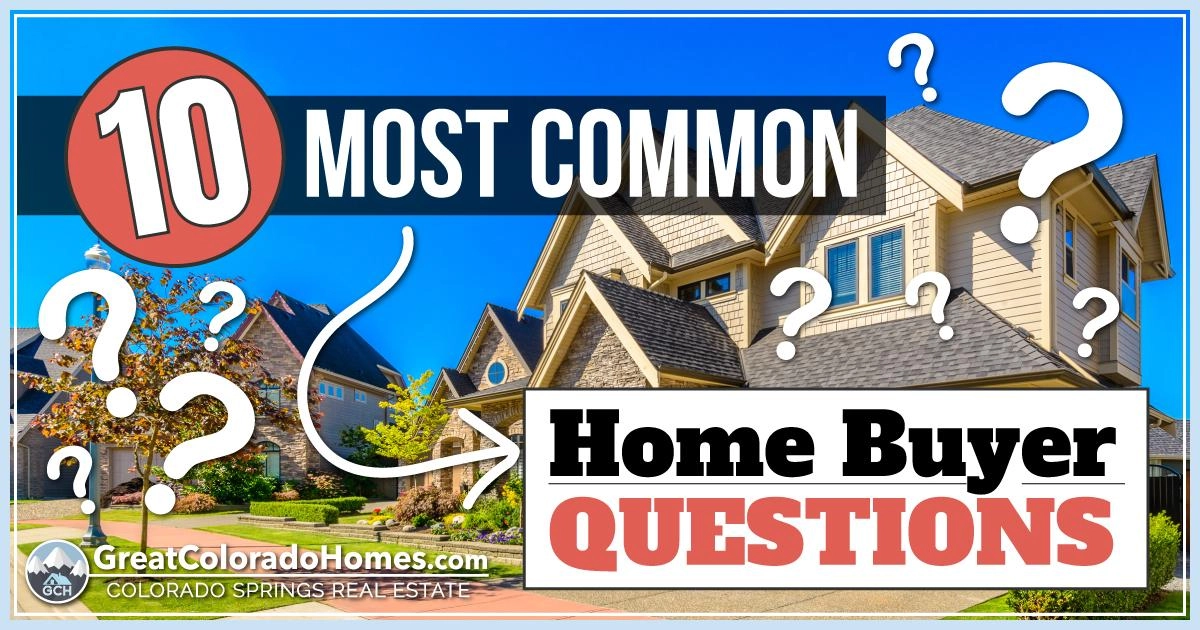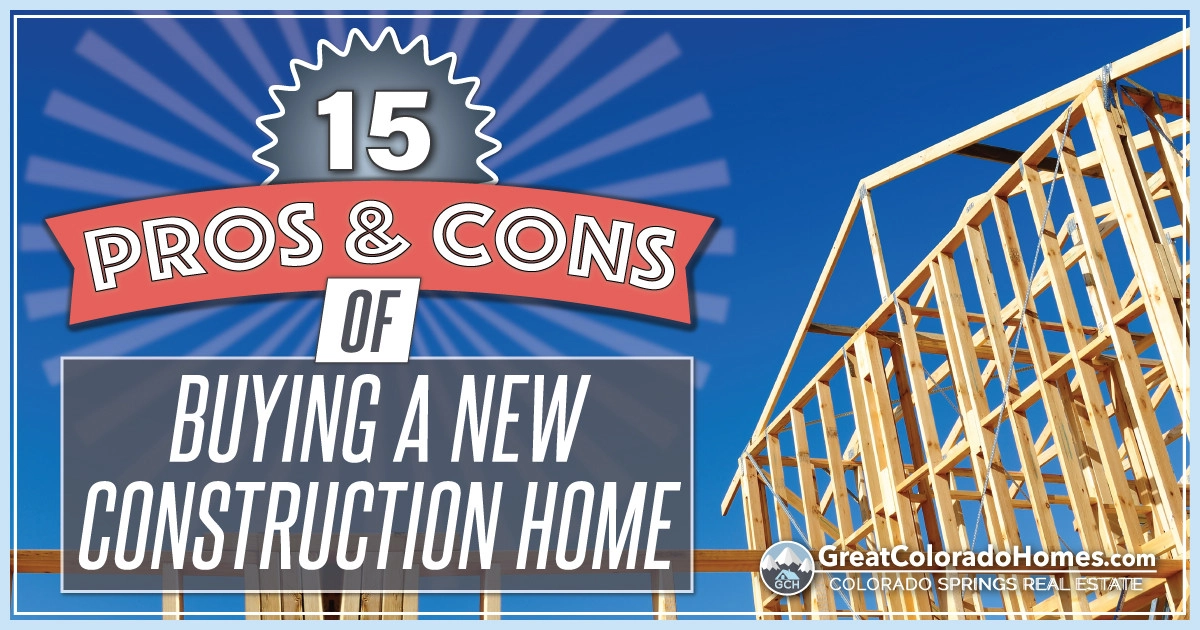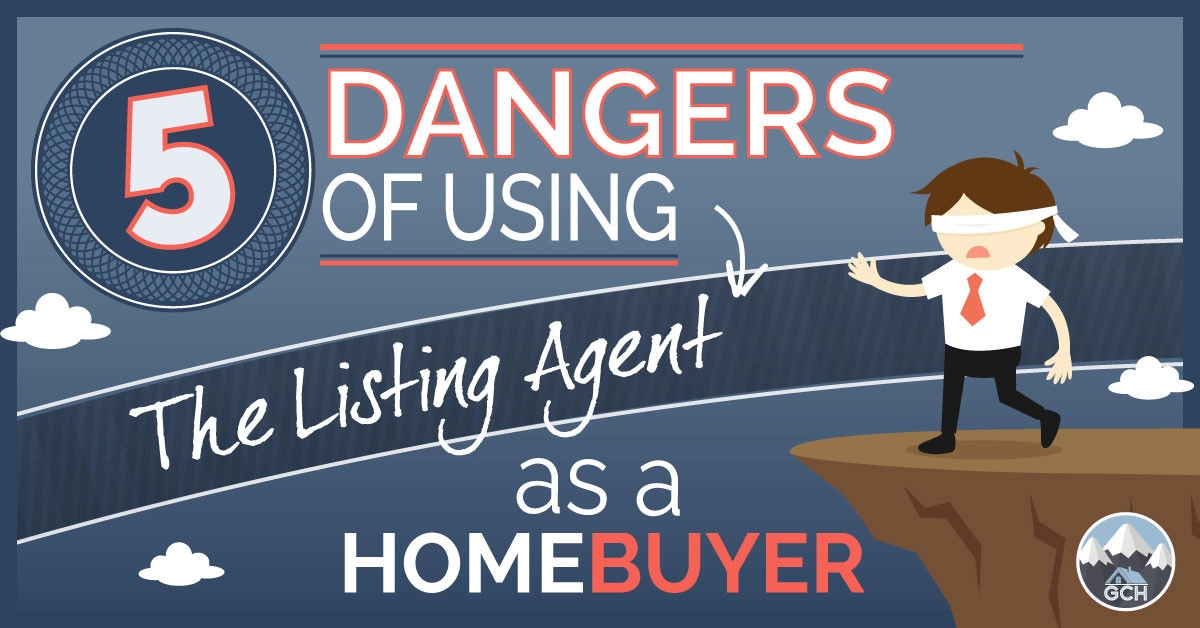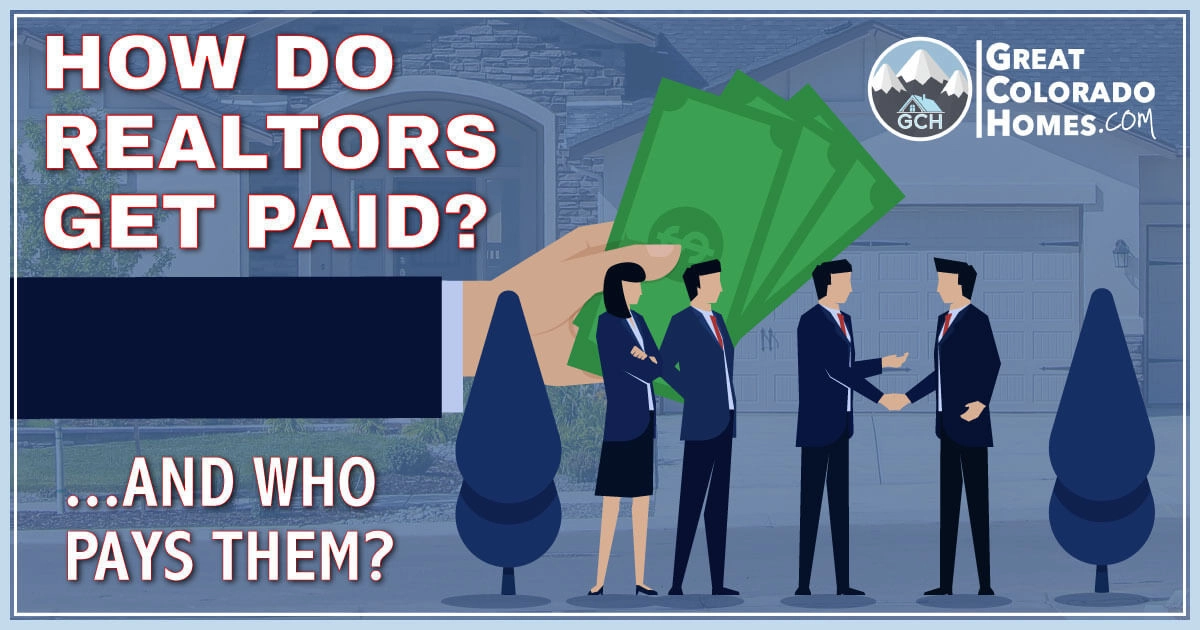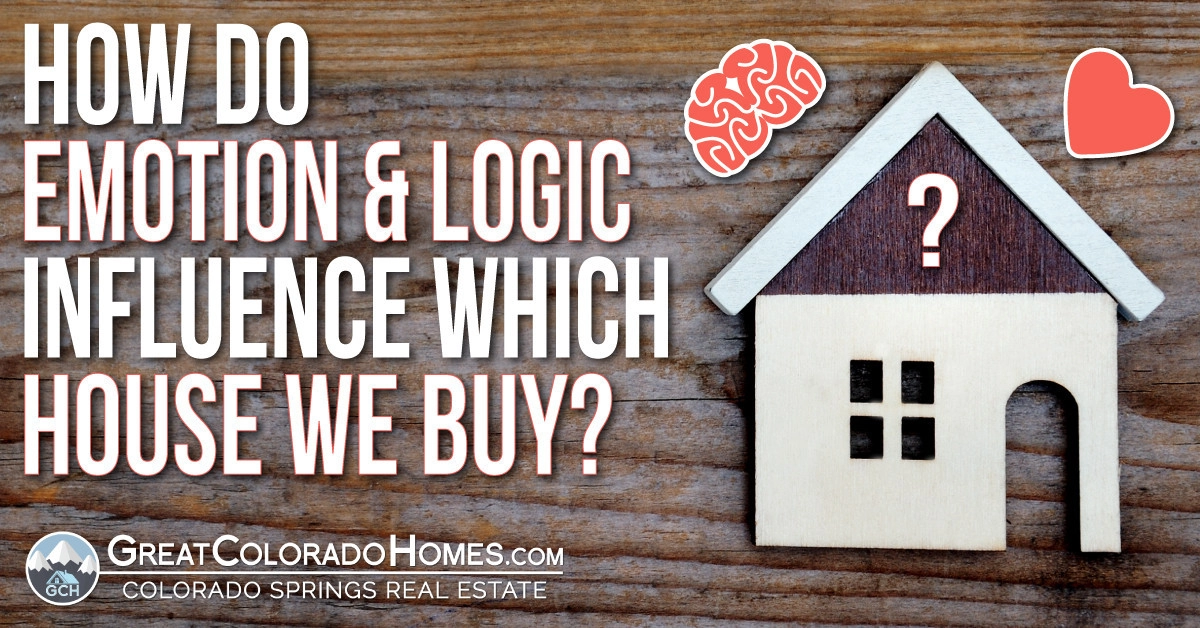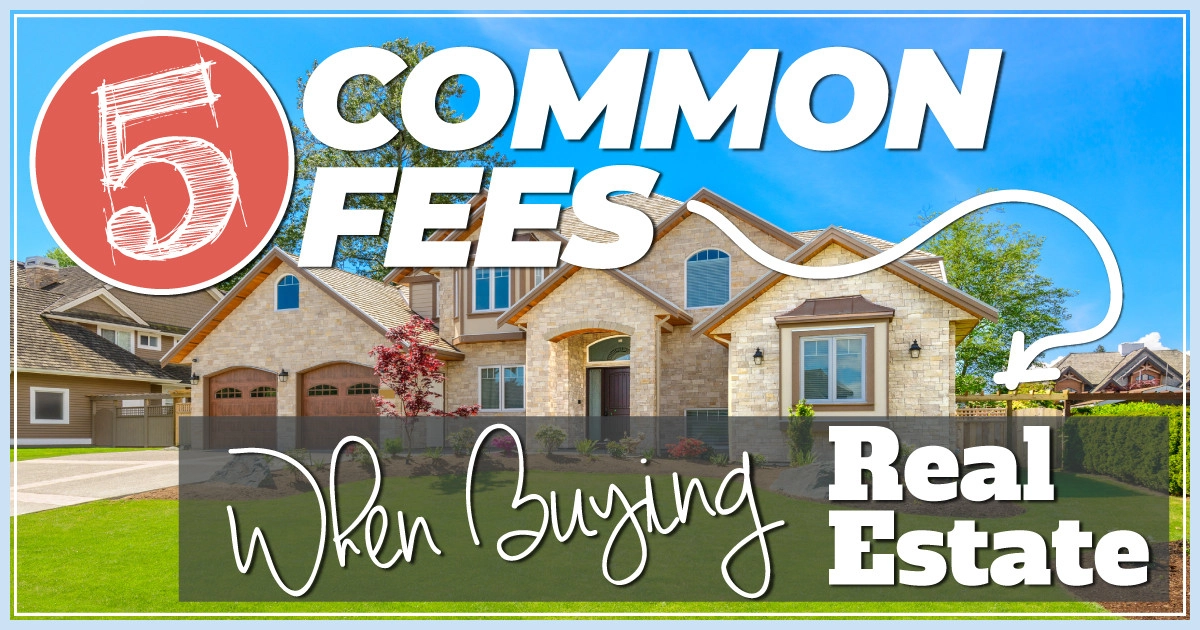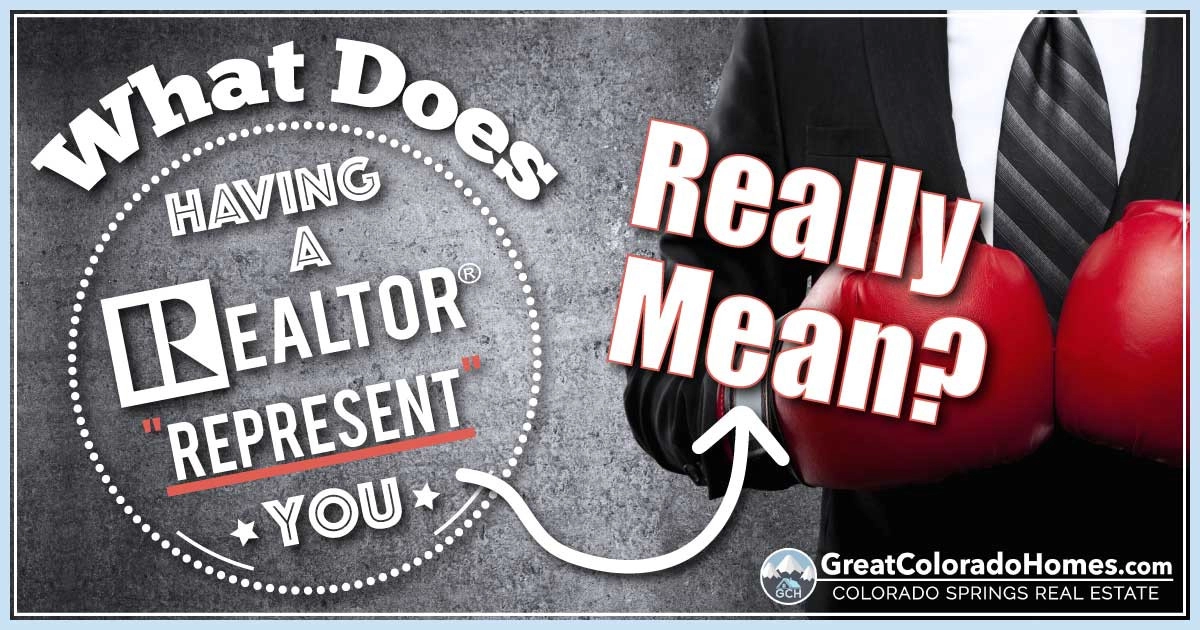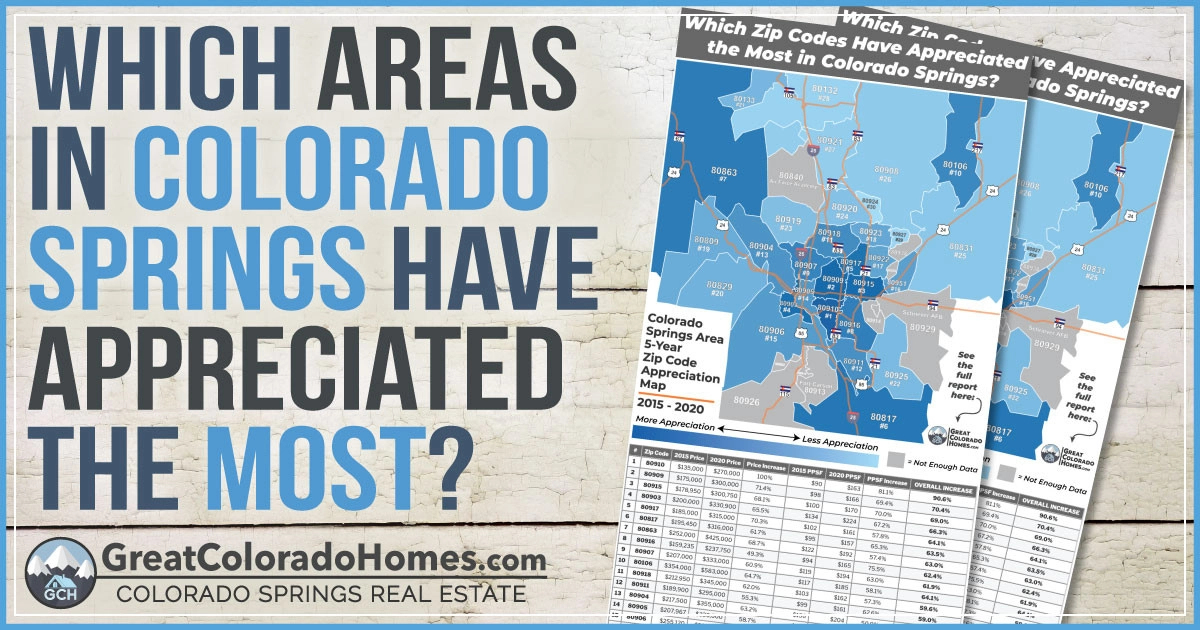Let's dive into one of the biggest questions you might have on your journey to owning a home: "How much do I really need for a down payment?" You've probably heard a lot of different opinions on this, and yes, while saving for a down payment can feel like preparing for a trip to Mars, it's actually more achievable than you think. So, let's unpack the myths and facts to get you closer to your dream home, without the stress.
Content Summary
(click any section)
How Much Do You Need For a Down Payment On a Home?
The down payment required varies: 3.5% with an FHA loan for those with a 580+ credit score, 0% for VA and USDA loans (for eligible applicants), and 3-20% for conventional loans, depending on creditworthiness and lender requirements.
Many factors go into determining your downpayment amount. In this article, I'll show you everything you need to know to accurately estimate your down payment on a home.
Demystifying Down Payments
.png) What Is a Down Payment?
What Is a Down Payment?
A down payment is the initial, upfront payment made when buying a home, typically expressed as a percentage of the purchase price. It reduces the loan amount needed and demonstrates buyer commitment.
It’s essentially that chunk of change you pay upfront when buying a home. It's like the entry ticket to the homeownership club. But instead of just a paper ticket, it's a significant sum that shows lenders you're serious about this investment. Let's break it down.
Why Do You Need a Down Payment?
A down payment is required on a home to reduce the lender's risk, demonstrate the buyer's commitment, and lower the loan amount, leading to better loan terms and a smaller mortgage.
Think of a down payment as your investment in the future of your living situation. It's the first step in building equity in your home. From my experience, scraping together a down payment was a bit like a rite of passage. Saving up that money taught me a lot about budgeting and the value of a dollar, or, in the case of home buying, the value of tens of thousands of dollars.
Why Do People Say 20% is the Standard Downpayment?
.png) If you aim for a down payment of 20%, you will avoid private mortgage insurance (PMI) and secure better loan terms. This is why so many people say to put 20% down. Consider your budget and loan options carefully. The size of your down payment can vary depending on your financial status and the type of home you seek.
If you aim for a down payment of 20%, you will avoid private mortgage insurance (PMI) and secure better loan terms. This is why so many people say to put 20% down. Consider your budget and loan options carefully. The size of your down payment can vary depending on your financial status and the type of home you seek.
Traditionally, the golden number is 20% of the home's purchase price. But let's be real: not everyone has that kind of cash lying around. Fortunately, there are options out there for lower down payments. Programs like FHA loans can go as low as 3.5% down if you qualify. The catch? Lower down payments often mean you'll pay for mortgage insurance, which adds to your monthly bill.
The average downpayment on a home in America is around 15% of the purchase price. First-time home buyers average around 7% down. We will discuss the common myth of 20% down later in this article.
What are the Benefits of a Bigger Down Payment
Putting down more upfront can save you money in the long run. When I bought my first house, I went the extra mile to have a bigger down payment. Sure, saving up took a bit longer, but the reduced monthly payments were a breath of fresh air to my budget. Here are some of the benefits of saving for a larger down payment:
- Lower Monthly Payments: Putting more money down upfront reduces the loan amount, resulting in lower monthly mortgage payments.
- Reduced Interest Costs: With a larger down payment, you'll borrow less money, which means less interest paid over the life of the loan, potentially saving thousands of dollars.
- Improved Loan Terms: Lenders often offer better interest rates and more favorable loan terms to borrowers with larger down payments, saving you money in the long run.
- Avoiding Private Mortgage Insurance (PMI): A down payment of 20% or more typically eliminates the need for PMI, which protects the lender in case of default but adds an extra cost to your monthly payments.
- Increased Equity: A bigger down payment means you start with more equity in your home, giving you a stronger financial position and potentially increasing your borrowing power in the future.
- Quicker Loan Approval: Lenders may view a larger down payment as a sign of financial stability, making you a more attractive borrower and expediting the loan approval process.
- Protection Against Market Fluctuations: A substantial down payment provides a buffer against potential declines in home values, reducing the risk of owing more than your home is worth.
While saving for a larger down payment may require more time and discipline, its lower costs, improved loan terms, and increased financial security make it a wise investment in your future homeownership journey.
How To Calculate Your Ideal Down Payment
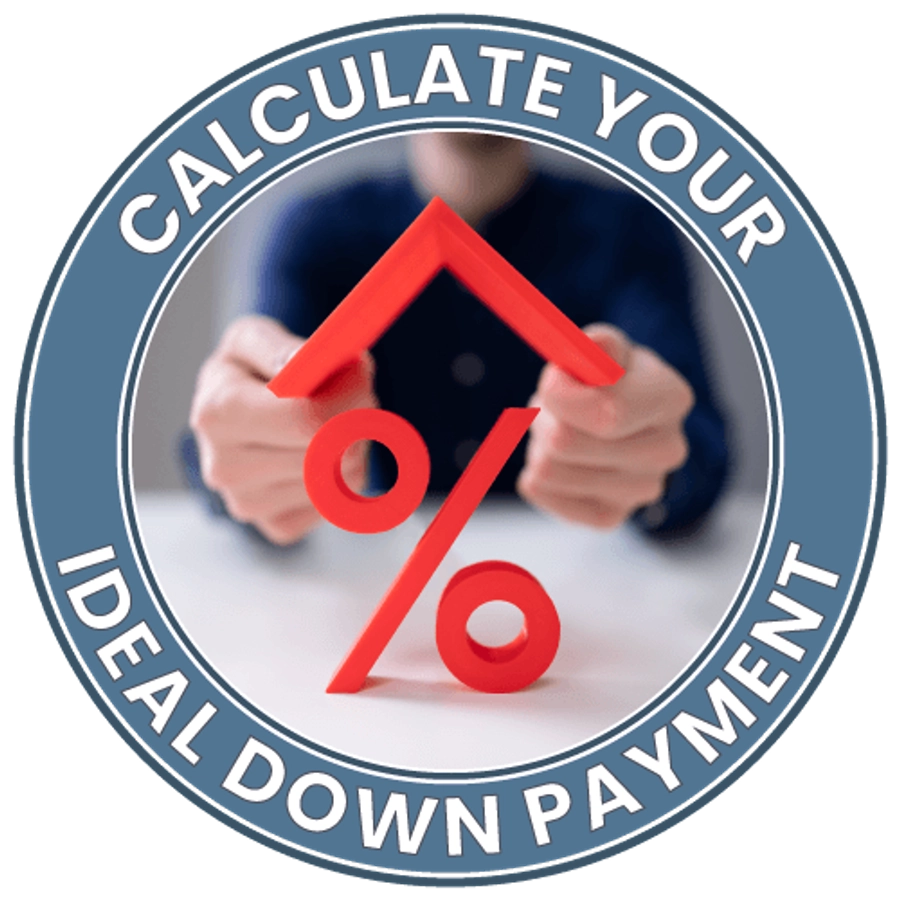 Calculate your down payment by deciding the percentage of the home's price you want to pay upfront. Multiply this percentage by the home's purchase price.
Calculate your down payment by deciding the percentage of the home's price you want to pay upfront. Multiply this percentage by the home's purchase price.
Example: 5% down on a $500,000 home = 0.20 * $500,000 = $100,000.
Figuring out your ideal down payment can feel like solving a mystery where you're both the detective and the key witness. It's a balance between what you can afford, what you're willing to pay upfront, and how it affects your monthly finances. Let's break it down.
Start With What You Can Afford
First off, it's all about what's in your wallet (and savings account). You don't want to drain your savings completely. Think of it like planning a vacation. You wouldn't spend all your money on the plane ticket and have nothing left for the hotel, meals, or fun activities, right? The same goes for your down payment. A healthy down payment leaves you financially secure, not stretched too thin.
Tools and Resources
Use online calculators as a starting point to estimate your down payment based on different loan types and home prices. Keep in mind that online calculators are not going to be 100% accurate. When you're ready to start the loan process, your mortgage lender will give you the exact amount you need for your chosen loan type.
Using a Mortgage Calculator to Get Started
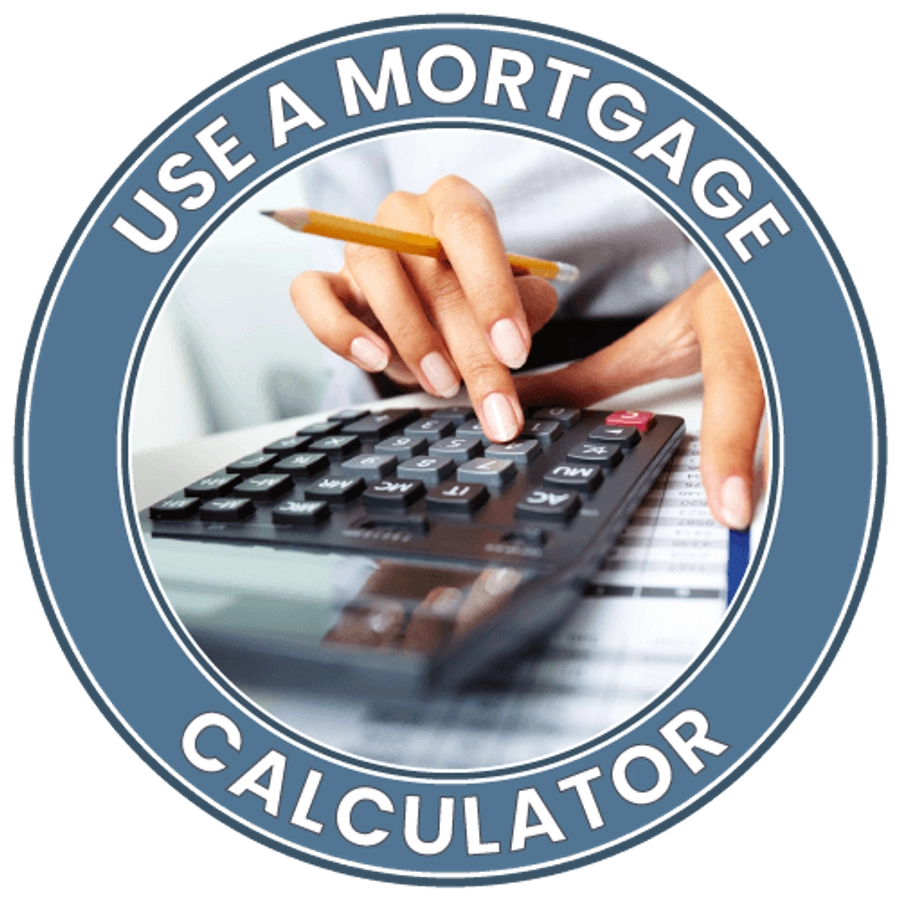 Online mortgage calculators are the easiest way to get started. They are not 100% accurate, but they will give you a good idea of how much your monthly payment will be.
Online mortgage calculators are the easiest way to get started. They are not 100% accurate, but they will give you a good idea of how much your monthly payment will be.
Experiment by changing your downpayment amount and notice how much your monthly payment changes.
Knowing your estimated down payment and home price is very important.
Here’s a basic mortgage calculator to help you get started:
Mortgage Calculator
Factors Influencing Down Payment Amounts
Different mortgage loan types exist to cater to diverse financial situations and needs. From conventional loans for those with solid credit to FHA loans offering low down payments for first-time buyers, these options provide flexibility and accessibility in the home-buying process.
Type of Loans
Different strokes for different folks, right? Well, the same goes for loans. Here are the most common loan types to know about and how much each requires for a down payment:
- FHA loans: Perfect for those with less saved up or lower credit scores, you can go as low as 3.5% down.
- Conventional loans: Typically, these start at 3% down for first-timers.
- VA and USDA loans: If you're a veteran or buying in certain rural areas, you might qualify for zero down.
- Jumbo Loans: These loans are for properties exceeding the county's conventional loan threshold amount. They typically require 10% to 20% down.
More Home Loan Options to Know About
The loans mentioned above about are the most common choices for homebuyers. Here are some other options to be aware of.
Fixed Rate Mortgages: Solid as a Rock
A fixed-rate mortgage maintains the same interest rate for the entire loan term, providing stability and predictable monthly payments for borrowers. Fixed-rate mortgages are like having a trusty anchor in the unpredictable sea of homeownership. With these mortgages, your interest rate stays the same for the entire loan term, offering stability and predictability in your monthly payments. They are great for homebuyers who want to settle down in their home for many years.
Adjustable-Rate Mortgages (ARMs): The Wild Card
An adjustable-rate mortgage (ARM) is a home loan with an interest rate that fluctuates based on market conditions, typically starting lower than fixed-rate mortgages but adjusting periodically, affecting monthly payments. People use them to take advantage of lower initial payments or when planning to sell or refinance before the rate adjusts. It's like a flexible tool for managing short-term housing needs while staying open to potential changes in the future.
Government-Backed Loans: Uncle Sam’s Helping Hand
Government-backed loans for homebuyers include FHA loans, VA loans, and USDA loans. They offer benefits like low down payments, flexible qualification criteria, and competitive interest rates. They’re good for first-time buyers or those with less-than-perfect credit.
Jumbo Loans: When Size Matters
Jumbo loans are mortgages that exceed the conforming loan limits set by government-sponsored entities like Fannie Mae and Freddie Mac. They're used to finance high-value properties, typically with larger down payments and stricter eligibility requirements.
Understanding the Impact of Your Credit Score
What is a Credit Score, Anyway?
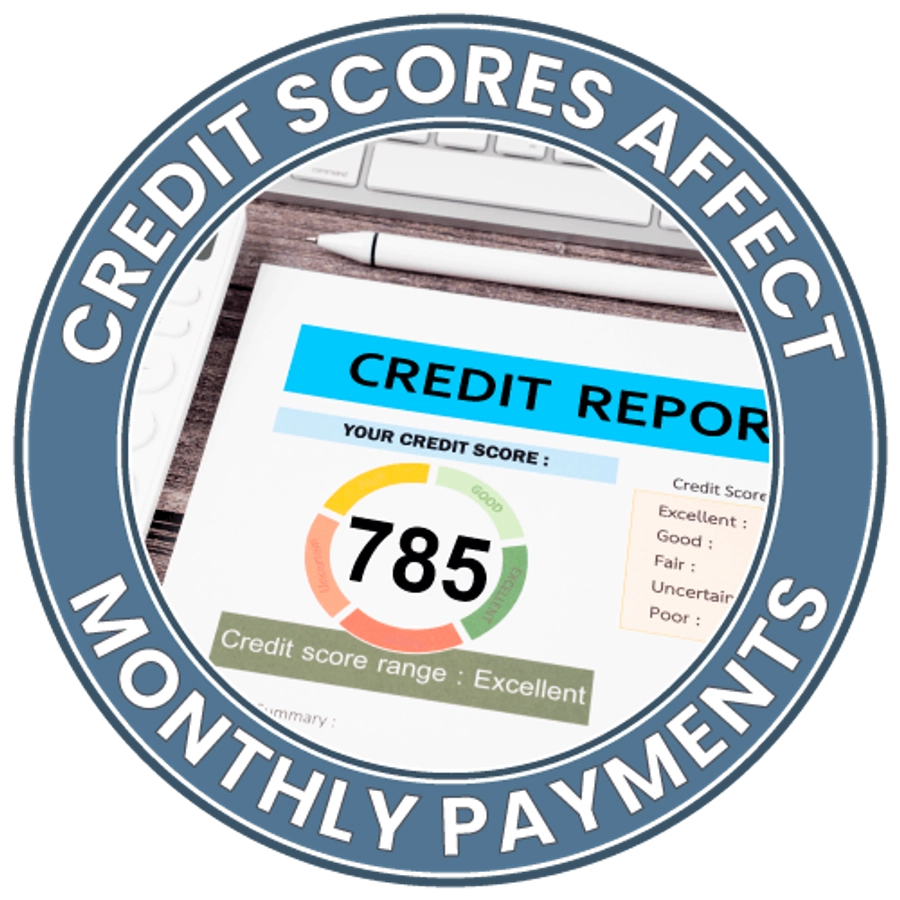 A credit score is a numerical representation of an individual's creditworthiness, based on their credit history. It helps lenders assess the lending risk and determine loan interest rates.
A credit score is a numerical representation of an individual's creditworthiness, based on their credit history. It helps lenders assess the lending risk and determine loan interest rates.
Think of your credit score as your financial report card that lenders peek at to decide how trustworthy you are with money. It's like a financial handshake that says, "Hey, I'm good for it!"
The Magic Number
Your credit score is a three-digit number, typically ranging from 300 to 850, that tells lenders how likely you are to pay back borrowed money. Higher scores are like gold in the financial world, opening doors to lower interest rates and better loan terms. It's like getting VIP treatment because you've proven you're a responsible spender and borrower.
How It's Your Credit Score Calculated?
There are a few key ingredients that go into cooking up your credit score:
- Payment History: This is the big one. It tracks whether you pay your bills on time. Missing a payment can be a bit like spilling coffee on your white shirt right before a big meeting. Not a great look.
- Credit Utilization: This is all about how much of your available credit you're using. Maxing out your credit cards can signal you're a bit too reliant on borrowing, kind of like always needing to borrow gas money.
- Length of Credit History: The longer, the better. It shows you've been in the credit game for a while. I remember my first credit card; I felt so adult. It was just for emergencies, but it started my credit history.
- Types of Credit: A mix of credit (like a car loan, mortgage, and credit cards) can show you're savvy about managing different kinds of debt.
- New Credit: Opening several new credit accounts in a short period might make you look desperate for cash, which is a red flag for lenders.
Why Does My Credit Score Matter?
Your credit score can be a key player in your financial journey. It can affect your ability to get a loan for a car, buy a home, or sometimes even land a job. A good score can save you thousands of dollars in interest over the life of a loan. So, it's worth paying attention to and nurturing like a delicate houseplant.
Remember, it's never too late to start improving your credit score. Pay your bills on time, keep your credit card balances low, and only apply for new credit when necessary. Your future self will thank you, trust me.
Property Type and Location
The type of property you're eyeing can influence your required down payment. For instance, if you're eyeing a home in a new community with a high tax rate, your lender might request a larger down payment. Similarly, if you're considering a condo with hefty monthly HOA fees, your lender will take that into account. While most properties won't alter your loan terms, it's wise to consult your lender to clarify if any specific properties might impact your loan conditions.
Is a 20% Down Payment Really Necessary to Buy a Home?
You've probably heard the old saying that you need to put down 20% to buy a home. While that might have been the golden rule once upon a time, today's reality is a bit more flexible. Let's dive into whether you need to save that hefty 20% down payment to get the keys to your new place.
The Myth of 20% Down
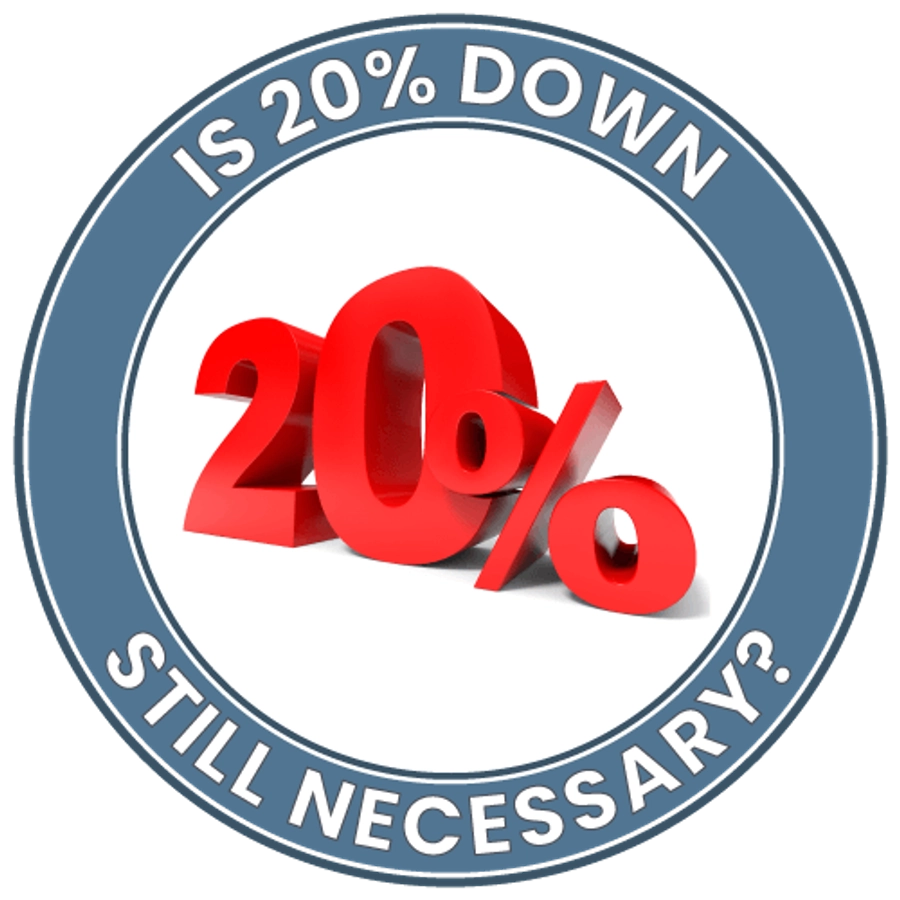 First off, the 20% down payment advice stems from the idea of avoiding Private Mortgage Insurance (PMI). PMI is an extra fee you pay on top of your mortgage if your down payment is less than 20%. It's essentially a safety net for lenders, but it can add a significant chunk to your monthly payments.
First off, the 20% down payment advice stems from the idea of avoiding Private Mortgage Insurance (PMI). PMI is an extra fee you pay on top of your mortgage if your down payment is less than 20%. It's essentially a safety net for lenders, but it can add a significant chunk to your monthly payments.
PMI typically ranges from 0.3% to 1.5% of the original loan amount per year. This range can translate to a significant monthly cost depending on the size of your loan. For example:
On a $350,000 loan, if your PMI rate is 1%, you could be paying approximately $3,500 a year, or about $308 per month, in PMI premiums. Putting 20% down on a home will typically eliminate this payment, which is why many people mention this percentage when discussing down payments.
The Real Deal About 20% Down Payments
But here's the kicker: you don't always need to put down 20% to buy a home. Plenty of loan programs are designed to help first-time homebuyers or those who can't afford a large down payment. FHA loans, for instance, can go as low as 3.5% down if you have a decent credit score. And if you're a veteran, VA loans might not require a down payment at all!
I remember buying my first home; the thought of saving up 20% felt like climbing Mount Everest. Instead, I opted for a loan that allowed a smaller down payment, which meant I could buy my home sooner rather than later. Sure, I had to pay a bit extra each month for PMI, but it was well worth it to start building equity in my own home. I sold that home years later and made significant money on it. The money I made was worth paying a little extra for my mortgage.
So, is 20% down necessary? Not at all. While avoiding PMI and having more equity from the get-go is excellent, it's not the only path to homeownership. Explore your options, talk to lenders about what loans are available, and don't let the myth of 20% keep you from pursuing your dream of owning a home.
How To Save for a Down Payment on a Home
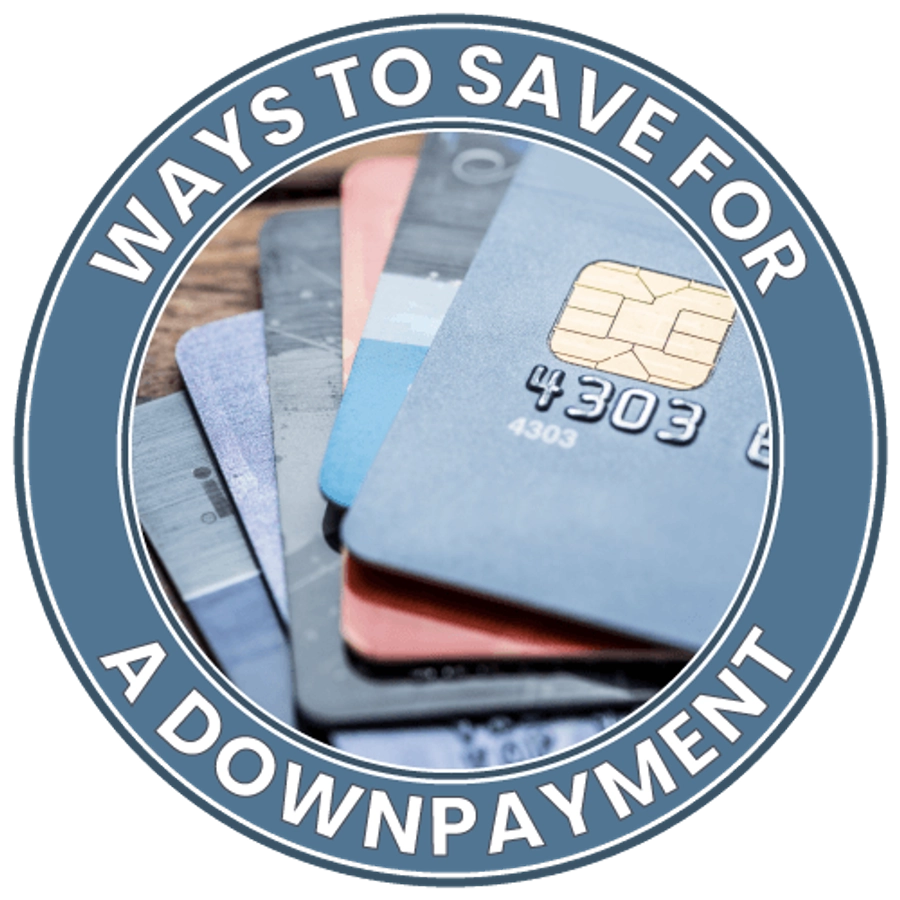 If you dream of owning your own home but find saving for a down payment overwhelming, you're not alone. Saving for a down payment is often the most challenging part of buying a home. However, there are proven strategies that can help make it easier. Let's explore these strategies together and work towards making your dream of homeownership a reality.
If you dream of owning your own home but find saving for a down payment overwhelming, you're not alone. Saving for a down payment is often the most challenging part of buying a home. However, there are proven strategies that can help make it easier. Let's explore these strategies together and work towards making your dream of homeownership a reality.
Setting Savings Goals: Mapping Out Your Path to Homeownership
First, let's take a look at your finances. Check your income, expenses, and savings. Then, figure out how much you need for a down payment based on the type of mortgage you want and the home prices in your chosen area. Write down these numbers and keep them somewhere you'll see them often, like on your computer or calendar. This will help you stay on track with saving and avoid costly mistakes.
Creating a Budget: Finding Room in Your Finances to Save
Now that you know how much you need to save, it's time to cut back on unnecessary spending and create a budget. Consider skipping dining out or fancy gym memberships to save more. Also, open a separate savings account just for your down payment to stay organized.
Track your expenses closely to find where to save without sacrificing things you enjoy. Remember, every dollar you save counts! It might take some time to get used to saving regularly, but it's a skill that will benefit you in the long run.
Exploring Down Payment Assistance Programs: Tapping into Additional Resources
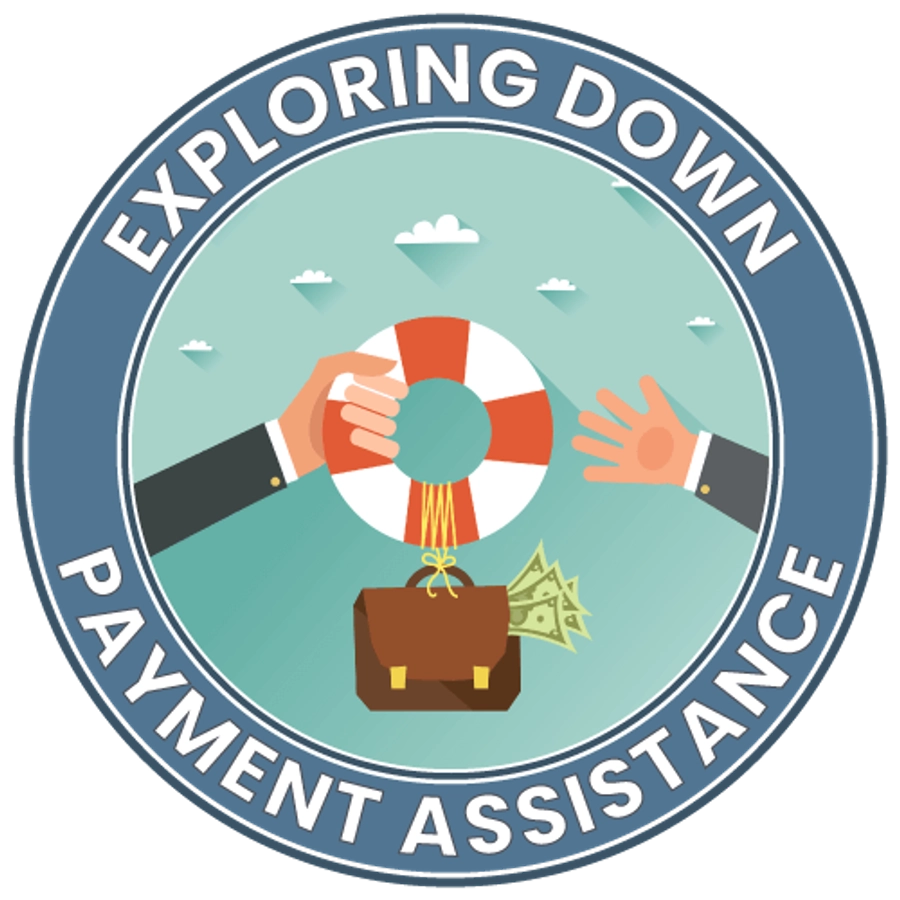 Did you know various down payment assistance programs are available to help you achieve your homeownership goals? Take the time to research local and federal programs that may offer grants, loans, or other forms of assistance to qualified buyers.
Did you know various down payment assistance programs are available to help you achieve your homeownership goals? Take the time to research local and federal programs that may offer grants, loans, or other forms of assistance to qualified buyers.
No extensive National programs help with down payment assistance other than VA loans and USDA loans. Those only apply to military and rural land. Each State typically has its own programs that will be the best for you to take advantage of. Some employers will also provide downpayment assistance programs to attract new employees.
In Colorado, where I am located, there are several down payment assistance programs to make homeownership more accessible for home buyers. Here are some of the most common ones:
- CHFA Down Payment Assistance: The Colorado Housing and Finance Authority (CHFA) offers programs for first-time homebuyers, veterans, and low-to-moderate-income individuals. These programs provide grants or low-interest loans to help cover down payment and closing costs.
- Metro Mortgage Assistance Plus: This program in the Denver metro area offers down payment assistance to homebuyers who meet income and credit score requirements. It provides a second mortgage loan that can be used for down payment or closing costs.
- Adams County Homebuyer Assistance Program: Designed for residents of Adams County, this program offers down payment and closing cost assistance to low and moderate-income homebuyers. Eligible participants can receive a deferred payment loan to cover a portion of their down payment.
- Aurora HOAP: The Home Ownership Assistance Program (HOAP) in Aurora provides down payment assistance to qualified first-time homebuyers. Eligible applicants can receive a forgivable loan to cover a portion of their down payment or closing costs.
- El Paso County Turnkey Plus Program: This program offers down payment assistance to eligible homebuyers in El Paso County. Participants can receive a grant or a zero-interest loan to help cover down payment and closing costs.
When exploring these programs, be sure to check eligibility requirements, application deadlines, and any restrictions that may apply. These down payment assistance programs can be valuable resources for individuals and families looking to achieve their dream of homeownership in Colorado. Remember that any downpayment assistance you accept may have terms that increase your monthly payment. Saving for your down payment is the best long-term home-buying option.
Conclusion
In conclusion, the journey toward homeownership begins with understanding the nuances of down payments. Whether you're aiming for a 3.5% down payment with an FHA loan or striving for the golden standard of 20%, the process involves careful consideration of your financial situation and goals.
Throughout this article, we've explored the fundamentals of down payments, debunked common myths, and delved into strategies for saving and financing your dream home. From demystifying the down payments to dissecting the impact of credit scores and property types, I've equipped you with the knowledge to navigate the homebuying landscape confidently.
Remember, the path to homeownership is as unique as you are. While a 20% down payment may offer particular advantages, it's not the only route to securing a home. You can embark on this journey with clarity and determination by exploring loan options, budgeting effectively, and tapping into available resources like down payment assistance programs.
As you continue your homeownership journey, remember that patience, diligence, and informed decision-making are your greatest allies. Whether saving for your first home or aiming to upgrade to your dream property, each step you take brings you closer to turning your homeownership aspirations into reality. With dedication and strategic planning, your dream home is well within reach.

.png)



